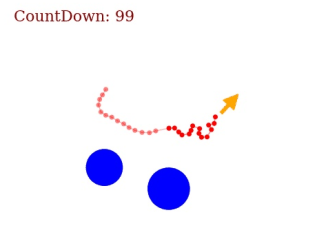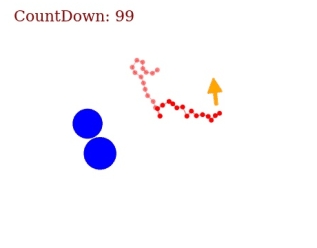Related Work
Peter W. Battaglia, Razvan Pascanu, Matthew Lai, Danilo Rezende, Koray Kavukcuoglu
Interaction Networks for Learning about Objects, Relations and Physics
NIPS 2016
Alvaro Sanchez-Gonzalez, Nicolas Heess, Jost Tobias Springenberg, Josh Merel, Martin Riedmiller, Raia Hadsell, Peter Battaglia
Graph Networks as Learnable Physics Engines for Inference and Control
ICML 2018
Peter W. Battaglia, Jessica B. Hamrick, Victor Bapst, Alvaro Sanchez-Gonzalez, Vinicius Zambaldi, Mateusz Malinowski, Andrea Tacchetti, David Raposo, Adam Santoro, Ryan Faulkner, Caglar Gulcehre, Francis Song, Andrew Ballard, Justin Gilmer, George Dahl, Ashish Vaswani, Kelsey Allen, Charles Nash, Victoria Langston, Chris Dyer, Nicolas Heess, Daan Wierstra, Pushmeet Kohli, Matt Botvinick, Oriol Vinyals, Yujia Li, Razvan Pascanu
Relational inductive biases, deep learning, and graph networks
arXiv







